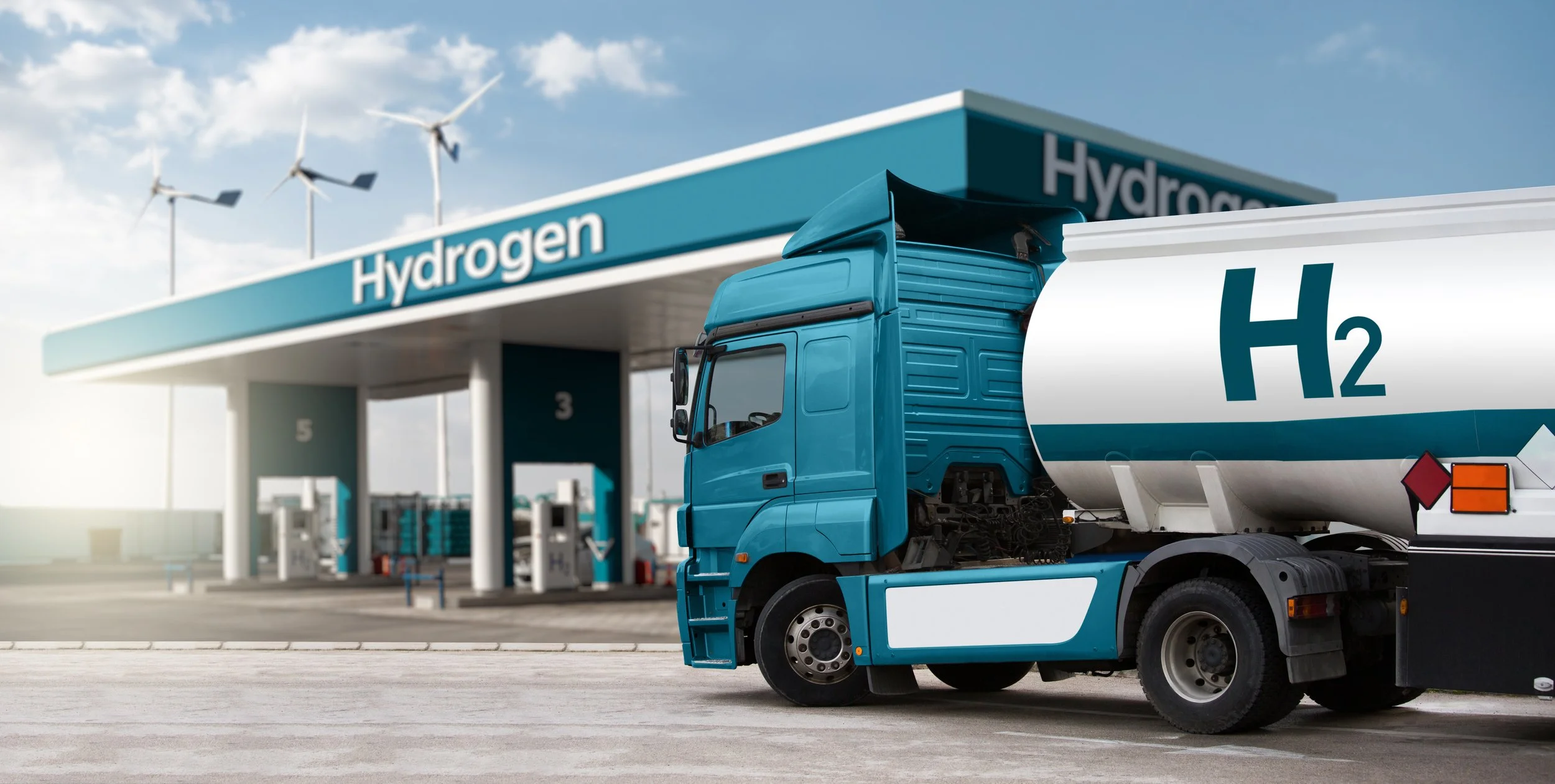Redcar’s proposed hydrogen boiler trial cancelled
In recent discussions surrounding sustainable home heating, the government's plans for a hydrogen trial in Redcar faced significant opposition from local residents, leading to its cancellation. This move sparks further contemplation on the future of home heating in the quest for a net-zero Britain.
The proposed trial aimed to replace traditional gas central heating systems with either hydrogen boilers or electric alternatives. Advocates praise hydrogen for its carbon-neutrality, presenting it as a potential solution in our journey towards a more environmentally conscious society, though many remain sceptical.
The problems with hydrogen
For many, the practicalities of generating hydrogen raises concerns about it’s ability to become an alternative to gas. Hydrogen is made using a process called electrolysis, which uses electricity to split water (H2O) into hydrogen and oxygen. Two electrodes in water conduct electricity, causing hydrogen to gather at one electrode and oxygen at the other. This separates the hydrogen gas, which can then be used to power cars or to heat homes.
The problem is, this process is requires a substantial amount of energy, which can either be generated from renewal and/or non renewable energy sources. Once the process is complete, hydrogen gas needs to be transported across the country, which again, can be energy-intensive.
Despite its eco-friendly combustion properties, the process of producing and transporting hydrogen remains a pivotal issue. Promoting hydrogen as a heating source shifts attention away from more efficient, eco-friendly solutions that are already available on the market.
AN alternative to heating with hydrogen
While hydrogen's viability for widespread home heating remains uncertain due to its dependence on significant energy needs, heat pumps present a more pragmatic and immediate alternative.
Unlike hydrogen, heat pumps directly harness electricity to efficiently deliver warmth to properties. Heat pumps work by transferring heat from one place to another. They absorb heat from the air, ground, or water source, then compress and pump it into a property. This process generates 2-4 units of heat energy for every 1 unit of electricity consumed. In contrast, hydrogen yields about 0.4 units of heat energy for every unit of energy used to create it. This efficiency makes heat pumps a more effective and direct way to generate heat compared to the process of creating hydrogen.
As a company dedicated to providing sustainable solutions, the focus on heat pumps presents an opportune moment to further champion eco-friendly technologies. Heat pumps not only offer a tangible and efficient heating alternative but also align seamlessly with the goals of becoming a carbon neutral country.
In conclusion, the debate surrounding the feasibility of hydrogen as a primary home heating source prompts a closer examination of alternatives like heat pumps. As we navigate the landscape of sustainable energy solutions, prioritising efficiency and practicality becomes crucial in realising a net-zero carbon future.
Free Heat Pump Training
If you’re a heating installer looking to learn more about heat pump installations,
our Introduction to Installing Heat Pumps course will teach you everything you need to know


